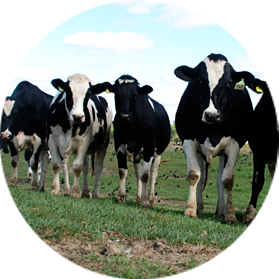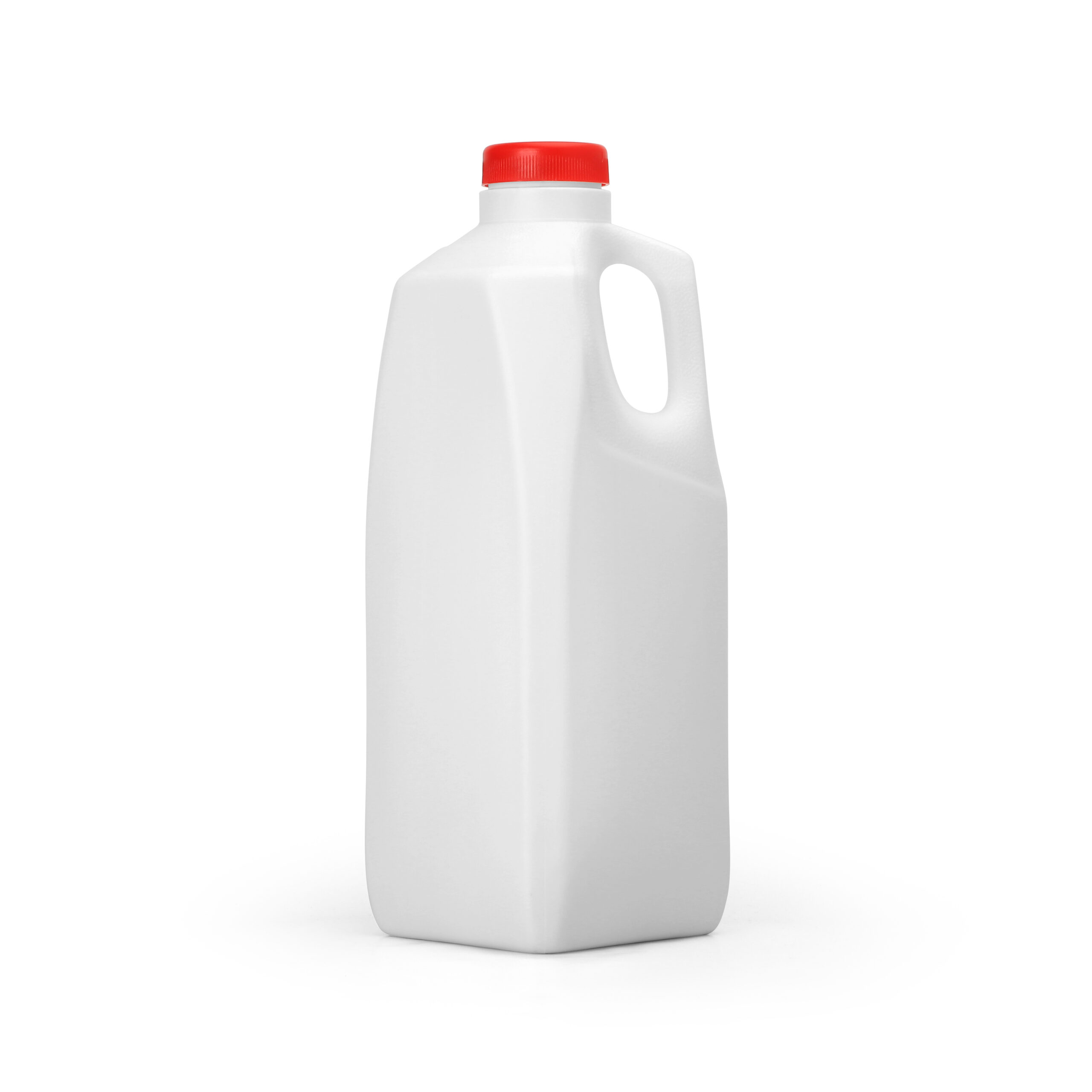Along with soybean farmers, livestock farmers care. They care about their land and the animals they raise. At the Glass Barn, we address many of the myths and facts about how animals are raised. For instance, many people believe that pork and poultry farmers give their pigs synthetic hormones to speed up growth and produce leaner meat. The truth is all pork and poultry is hormone-free. It’s against the law for farmers to treat their animals with hormones.

Got Dairy?
According to the American Dietetic Association (ADA), eating 3 servings for low-fat or fat-free milk, cheese or yogurt is an easy way for Americans to get the recommended amounts of calcium and other essential nutrients they need. MYTH: Raw milk is safe to drink. FACT: Raw milk has not been pasteurized and may not be safe to drink. The Food and Drug Administration (FDA) and the Centers for Disease Control (CDC) recommend drinking only pasteurized milk, because raw milk may contain harmful bacterial such as E. coli, Listeria and Salmonella that can cause life-threatening illnesses.
Myths About Antibiotics
MYTH: Antibiotics are overused and meat is not safe for human consumption. FACT: The Food and Drug Administration (FDA) does not permit meat to be sold with traces of antibiotics above strict safety levels. Farmers use antibiotics to prevent and control disease so that unhealthy animals do not enter our food supply. Antibiotics in milk? There are none. All milk is tested when it leaves the farm. If it has even a trace amount of antibiotics, it’s never sold.
Makin’ The Bacon
Similarly, many falsely believe that pork farmers give such high levels of antibiotics that they are unsafe for human consumption. Farmers DO give their pigs antibiotics to prevent and control disease, but only in small, controlled amounts. The Food and Drug Administration (FDA) has strict guidelines and won’t allow meat to be sold containing antibiotics above its safety level. Pork tenderloin is officially certified as Heart Healthy by the American Heart Association (AHA). It meets nutritional criteria for extra leanness and can bear the Heart-Check Mark on its label.
Myths About Hormones
MYTH: The chicken I buy at the grocery story contains synthetic hormones. FACT: It’s against the law for farmers to treat their animals with hormones. Hormone free chicken describes all the chicken you buy.
Cracking the Code
Finally, the way chickens are raised can create lots of confusion in the egg aisle. There are cartons marked as white eggs, brown eggs, cage-free eggs, free range and organic eggs. These labels simply indicate the way the chickens were raised, not the nutrition content of the eggs. All eggs have the same nutritional content (unless they have been labeled nutritionally enhanced). Eggs have a wide range of health benefits, providing 13 essential vitamins and minerals, high-quality protein and antioxidants. There are a lot of choices in your grocery store egg aisle. Many of the labels identify production practices on the farm, NOT nutritional value. Unless the carton indicated the eggs are nutrient-enhanced, all eggs – white of brown, cage-free or conventional – have the same nutritional value.
Myths About Conventionally Grown Food
MYTH: Organic food is more nutritious than non-organic food FACT: Although some people think organic food is better for you, scientists at Stanford University actually found that there is no difference in the nutritional value of conventionally and organically grown foods.
Glass Barn farmer Heather Hill talks about how her family is keeping food safe by ensuring practices on their farm produce safe and nutritious pork.







